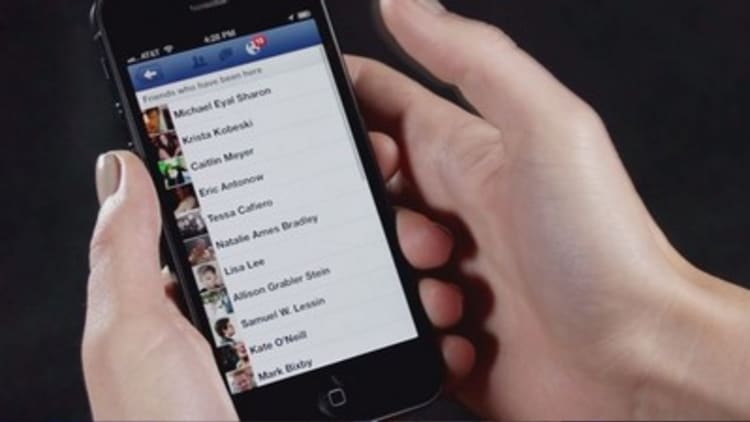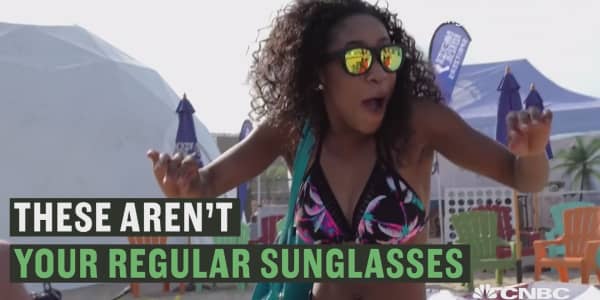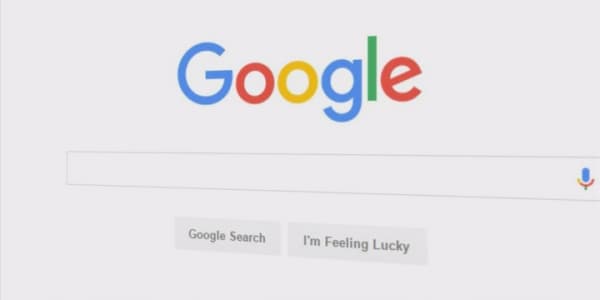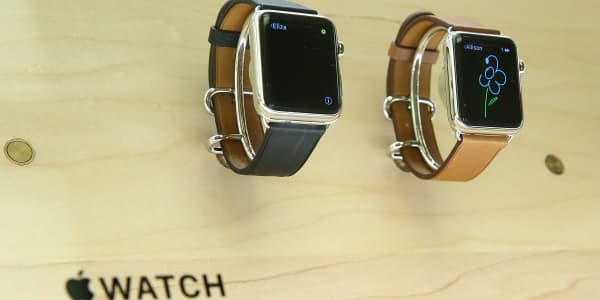
Facebook is changing the way it handles its "Safety Check" feature after terrorist attacks in Paris and Beirut.
The feature quickly became a useful tool for users of the social network to check on the safety of relatives and friends during the Paris attacks — which killed at least 129 people. But some users had expressed concerns over why Facebook decided not to use Safety Check during the terrorist attacks in Beirut, which killed 43 people, a day before the chaos in Paris.
Read MoreRumors and misinformation circulate on social media following Paris attacks
Facebook's founder and CEO, Mark Zuckerberg, himself took to the social network to address the issue:
"Many people have rightfully asked why we turned on Safety Check for Paris but not for bombings in Beirut and other places," Zuckerberg wrote in a Facebook post this weekend. "Until yesterday, our policy was only to activate Safety Check for natural disasters. We just changed this and now plan to activate Safety Check for more human disasters going forward as well."
According to Facebook, 4.1 million people marked themselves safe in the first 24 hours after the Paris attacks and 360 million people were notified that their friends were safe.
In a blog post written Saturday, Facebook's vice president of growth, Alex Schultz, said Safety Check is a work in progress.
Read MoreFacebook blocks more content here than in any other country
"We want this tool to be available whenever and wherever it can help," Schultz said. "We will learn a lot from feedback on this launch, and we'll also continue to explore how we can help people show support for the things they care about through their Facebook profiles, which we did in the case for Paris, too."
During a Safety Check, Facebook sends a message to those it detects may be in a dangerous zone asking if they are safe. The users can then indicate on their profiles that they are out of danger.
See the complete coverage: http://www.cnbc.com/paris/





